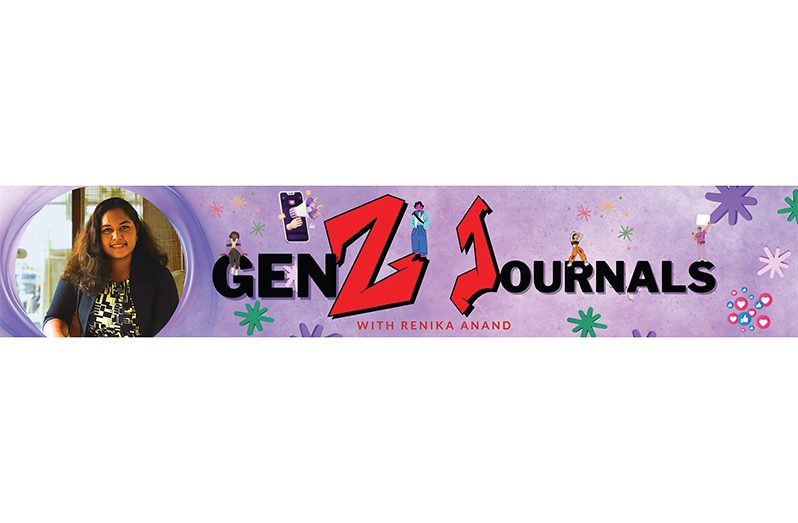IF you had to identify yourself in a room full of people whose faces you could not see, would you be able to do so? Could you recognise yourself solely by the manner in which you speak, move and interact with the world? Even if you could complete such a task, would you come out of this situation with the complete trust that you are entirely unique from the people who surround you?
Oftentimes, we like to believe that we are exceptional. We are, of course, quite different from one another in more ways than one. We each have characteristics that could have been acquired in no other manner than by being ourselves and living through the experiences we have. Yet, we are still extremely similar to each other. We may take different paths during the course of our lives, but we often wish to achieve the same goals. We may have different ways of seeing the world, but we often develop similar opinions about the things we observe. As we grow, one of the most staggering discoveries that we may make is realising just how ordinary and similar we all are. Perhaps a deeper analysis may reveal that it is not our homogeneity that shocks us, as homogeneity is virtually non-existent in our modern world. Instead, it is the threat to a perceived hierarchy that really shakes us to our core.
So, the question is: do we, as a society, fear the idea of being the same as one another, or do we fear the idea of being completely equal?
The fight against inequality is neither a new one nor one that is scarcely discussed. A great portion of our documented history is centred around the inequalities that the people of our world have faced, and the subsequent rise against their own oppression. Nevertheless, as the world progresses, it seems that the issue of inequality has not truly disappeared from existence, but rather evolved along with the world, casting shadows in new and varying shapes.
In the past, we fought battles against the inequalities that were brought about by one’s inescapable birth. Today, however, inequality is driven by intangible factors that are often portrayed as intentional choices, when in fact, they cannot be controlled or predicted any more than one’s colour or race can be. To put it simply, we have now begun to discriminate against others by weaponising their own choices, even though many of our choices are shaped by societal forces and not by our personal desires. We use something as trivial as the way someone is dressed or the language that they choose to speak in order to make a commentary on who they are, even though we have not yet given them a chance to represent their character. We use someone’s choice of religion to determine the kind of person they are, when we should be observing their actions to do so instead. We make judgments about someone’s value based solely on their education or work, when we should be evaluating the quality of their character to learn more about them instead.
Perhaps the genesis of this new form of inequality has stemmed from our perceptions of social mobility. The concept of social mobility is relatively novel in many societies. As such, we have not yet fully unravelled its implications or its significance.
Social mobility was initially characterised by the capability of individuals to move from one social stratum to another. However, we have taken this definition in a literal manner and hence mistaken ourselves quite deeply. We have begun to believe that the very existence of social mobility is evidence of an important hierarchy amongst human beings. However, social mobility is not really about progressing upward and ahead of others, but rather about moving forward at our own unique pace. The strata were never meant to be vertical; they were meant to be horizontal!
As human beings, we tend to forget that we are all the same. In our uniqueness, in our beauty, in our capabilities, we are all quite the same. As we move forward, let us choose to leave behind certain unnecessary perceptions and beliefs, so that eventually we may have the pleasure of witnessing the extinction of all forms of inequality.
Me and You
SHARE THIS ARTICLE :
Facebook
Twitter
WhatsApp




.jpg)









